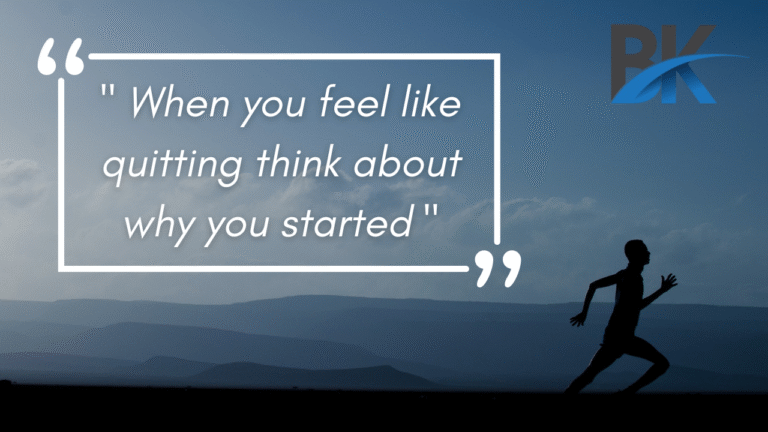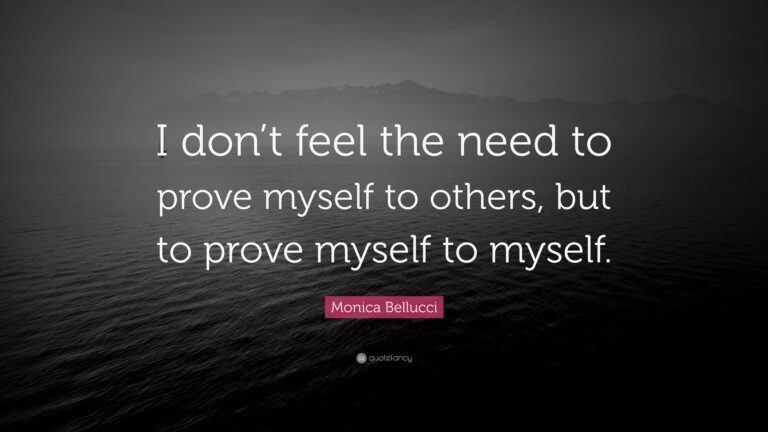The Power of Showing Up When You Don’t Feel Ready
We often wait for the perfect moment. The perfect plan. The perfect version of ourselves. We convince ourselves that when we’re more prepared, more experienced, or more confident, that’s when we’ll finally take the leap.
But here’s the truth most people won’t tell you: momentum doesn’t come from perfection. It comes from showing up.
You don’t need to have everything figured out to begin. You just need to be willing to begin without having everything figured out.
Whether you’re launching a new business, rebranding your voice, stepping into ministry, or just trying to become a better version of yourself—waiting until you feel “ready” is often just another way fear disguises itself as logic.
Feeling unready doesn’t mean you’re unqualified. It means you’re human. And most breakthroughs aren’t born from certainty—they’re born from obedience in uncertainty.
Think about it: some of the greatest moments in scripture started with someone who felt unready. Moses tried to disqualify himself with excuses. Jeremiah said he was too young. Even Gideon questioned why he was chosen. But each of them showed up anyway—and in the process, they grew into the role.
That’s the pattern. You don’t grow first and then start—you start, and then you grow.
This same principle applies in business and brand-building. That blog you haven’t launched? The course you keep stalling on? The idea that’s been sitting in your Notes app for 11 months? It’s not waiting on more strategy. It’s waiting on you to trust that starting small is still starting.
Progress favors the faithful, not the perfect.
The Power of Showing Up When You Don’t Feel Ready
When you show up—even with nerves, even with questions, even if you’re the least “qualified” person in the room—you prove to yourself that you’re serious. And something powerful happens: God meets your movement with momentum.
Because momentum doesn’t come from having all the answers. It comes from saying yes when you only know the first step.
It’s like planting a seed. The dirt doesn’t look impressive. The process is hidden. But if you commit to watering what you planted—by showing up consistently, staying connected to your purpose, and refusing to be ruled by fear—growth becomes inevitable.
Here’s what showing up might look like for you:
-
Hitting “publish” on the post even if it’s not perfect
-
Going live even if only three people show up
-
Sending the email even though your voice is shaking
-
Saying yes to the opportunity even if your hands are trembling
You might feel awkward. You might mess up. But the more you show up, the more you’ll see that what felt uncomfortable at first becomes your new normal.
And eventually, the thing you once feared becomes the thing you’re known for.
The Power of Showing Up When You Don’t Feel Ready
So today, I want to remind you: you don’t need more time—you need more trust. Trust in your calling. Trust in your preparation. Trust that even if you don’t feel ready, you are positioned for purpose.
Because courage isn’t the absence of fear—it’s moving forward while fear tries to convince you to sit still.
And the truth is, you’ve already waited long enough. You’ve researched, prayed, procrastinated, and started over more times than you can count.
Now it’s time to move.
Show up scared. Show up unsure. Show up imperfect.
But whatever you do—just show up.
Because that’s where the shift starts.
Show up scared. Show up unsure. Show up imperfect.
But whatever you do—just show up.
Because that’s where the shift starts.
And here’s the beautiful part: every time you show up, you chip away at the lie that you’re not enough. You silence the voice of hesitation and make space for boldness. You train your mind to believe that movement is greater than mastery.
People don’t remember perfect. They remember real. They remember honest effort. They remember consistency. And that’s what builds connection, credibility, and impact—both in business and in purpose.
God never asked you to have it all together. He asked you to trust Him while you’re becoming. That trust is activated in your action.
So whatever it looks like in your world today—send the message, apply for the opportunity, release the video, start the project. You’re not late. You’re not behind. And you’re not disqualified. You’re just one obedient step away from the shift you’ve been praying for.
Now go ahead—show up and shake the room.



